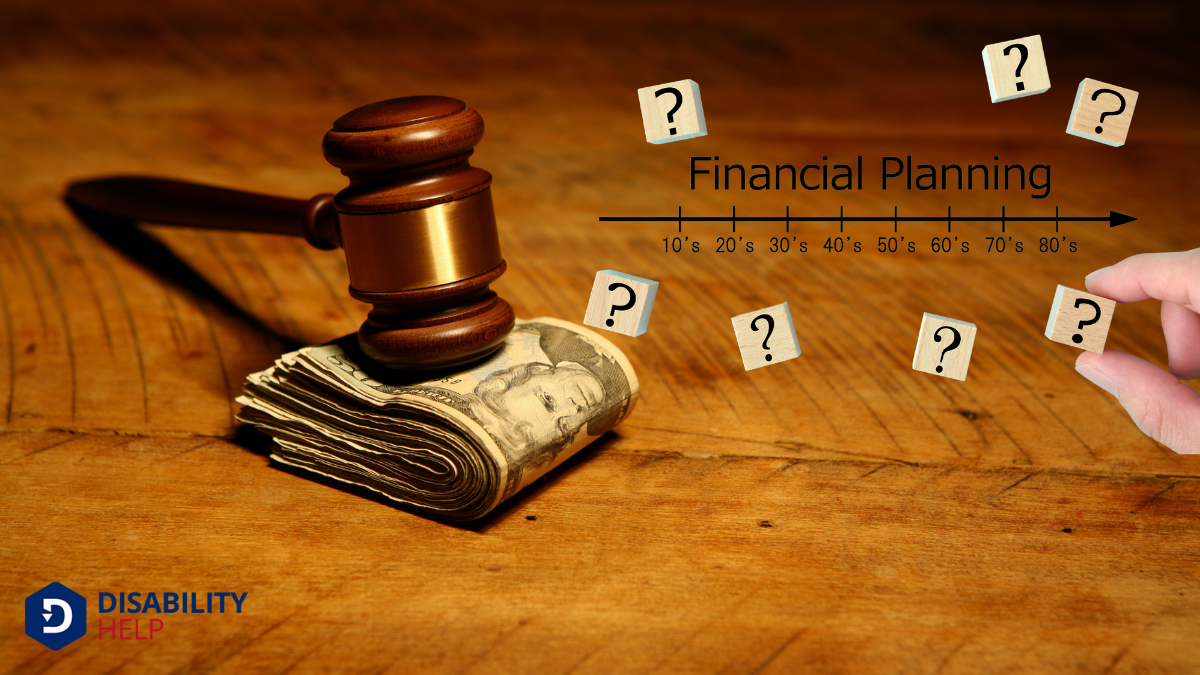When we receive a personal injury settlement, the first question often on our minds is whether we need to pay off our medical bills with these funds. It's not just about choice; there are legal obligations and potential agreements with healthcare providers that we must consider. Understanding how to navigate these obligations can greatly impact our financial future. Let's explore how these settlements intersect with our medical expenses and what steps we can take next.
Key Takeaways
- Settlement funds typically require payment of outstanding medical bills due to legal obligations or agreements with healthcare providers.
- Health insuranceA system for paying for medical services, often covering preventive, diagnostic, and treatment costs... companies may seek reimbursement from settlement funds through subrogation for covered medical treatments.
- Reviewing state laws and insurance policies helps determine payment requirements and obligations from settlement amounts.
- Negotiating with lienholders can reduce the amount owed, maximizing net settlement benefits.
- Consulting a legal professional ensures compliance with all obligations and maximizes financial outcomes post-settlement.
Understanding the Basics of Personal Injury Settlements
Maneuvering personal injury settlements can feel overwhelming, but understanding the basics can empower us to make informed decisions. At its core, a personal injury settlement is an agreement where the injured party receives compensation from the party at fault. This compensation can cover various damages like lost wages and pain and suffering.
We need to know that settlements often occur outside the courtroom, saving time and reducing stress.
When we negotiate a settlement, it’s essential to evaluate the full extent of our injuries and future needs. This guarantees that the compensation we receive adequately covers our losses.
Legal Obligations Related to Medical Bills

When dealing with personal injury settlements, it’s important to understand our legal obligations regarding medical bills. Often, once we receive settlement funds, we're required to pay our outstanding medical bills related to the injury.
This obligation can arise from agreements we've made with healthcare providers or through liens placed on our settlement. Medical providers or insurance companies might've a legal claim to a portion of the settlement under state laws or contractual obligations.
To guarantee we're compliant, we should review any agreements or notices of liens carefully. Consulting with a legal professional can also help us navigate these obligations and avoid potential pitfalls.
The Role of Health Insurance in Settlements
As we traverse the complexities of personal injury settlements, understanding how health insurance interacts with these settlements is vital. When we receive medical treatment after an injury, our health insurance often covers the costs upfront.
However, once we receive a settlement, the insurance company may expect reimbursement for what they paid. This process is known as subrogation.
We must review our insurance policy to understand any rights the insurer has to our settlement funds. By doing so, we can better prepare for any financial responsibilities.
It’s essential to receive clear communication from all parties involved, ensuring we comprehend who’s responsible for paying what. Navigating this can be tricky, but understanding our policy and settlement details helps us manage our obligations effectively.
Negotiating Medical Liens and Expenses
Understanding the interplay between health insurance and settlements sets the stage for tackling the challenge of negotiating medical liens and expenses.
We must first identify the liens placed on our settlement by healthcare providers or insurers. These liens represent their right to reimbursement for services they covered.
It’s essential to communicate directly with lienholders to negotiate the amount owed. We should provide them with a detailed account of our financial situation and the total settlement amount. Demonstrating that we’re committed to honoring our obligations, yet require a reduction to move forward, can lead to favorable outcomes.
Additionally, consulting with an attorney skilled in personal injury cases can greatly aid in maneuvering these negotiations, ensuring we don’t pay more than necessary and maximize our settlement’s benefit.
Strategic Financial Planning Post-Settlement

Once we've secured our personal injury settlement, it's essential to focus on strategic financial planning to guarantee we use our funds wisely.
We must consider various priorities and future needs, securing long-term stability and peace of mind.
Let's start by breaking it down into manageable steps:
- Pay Off Medical Bills: Addressing these first avoids future financial burdens and stress.
- Emergency Fund: Establish a safety net for unexpected expenses and peace of mind.
- Invest Wisely: Consider low-risk investments to grow our settlement over time.
- Consult a Financial Advisor: Professional guidance guarantees our financial decisions align with long-term goals.
Each step brings us closer to a secure financial future.
Conclusion
In wrapping up, we must remember that paying medical bills from a personal injury settlement is typically unavoidable. By understanding our legal obligations and the role of health insurance, we can navigate these financial responsibilities more effectively. Let’s not forget the importance of negotiating medical liens and planning strategically post-settlement. By addressing these areas promptly, we guarantee a smoother financial shift and protect ourselves from future burdens. Let's take control of our financial well-being together.






